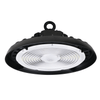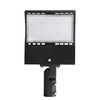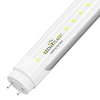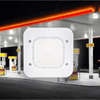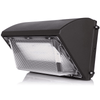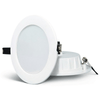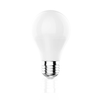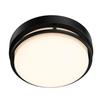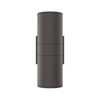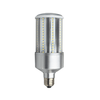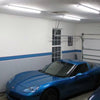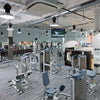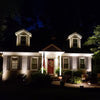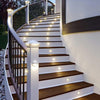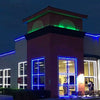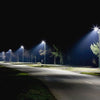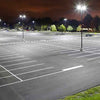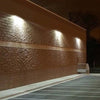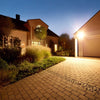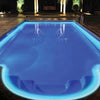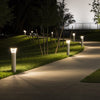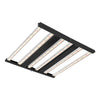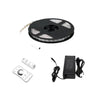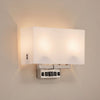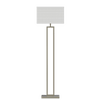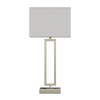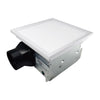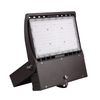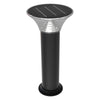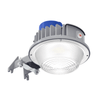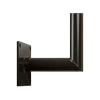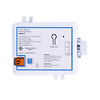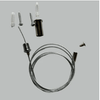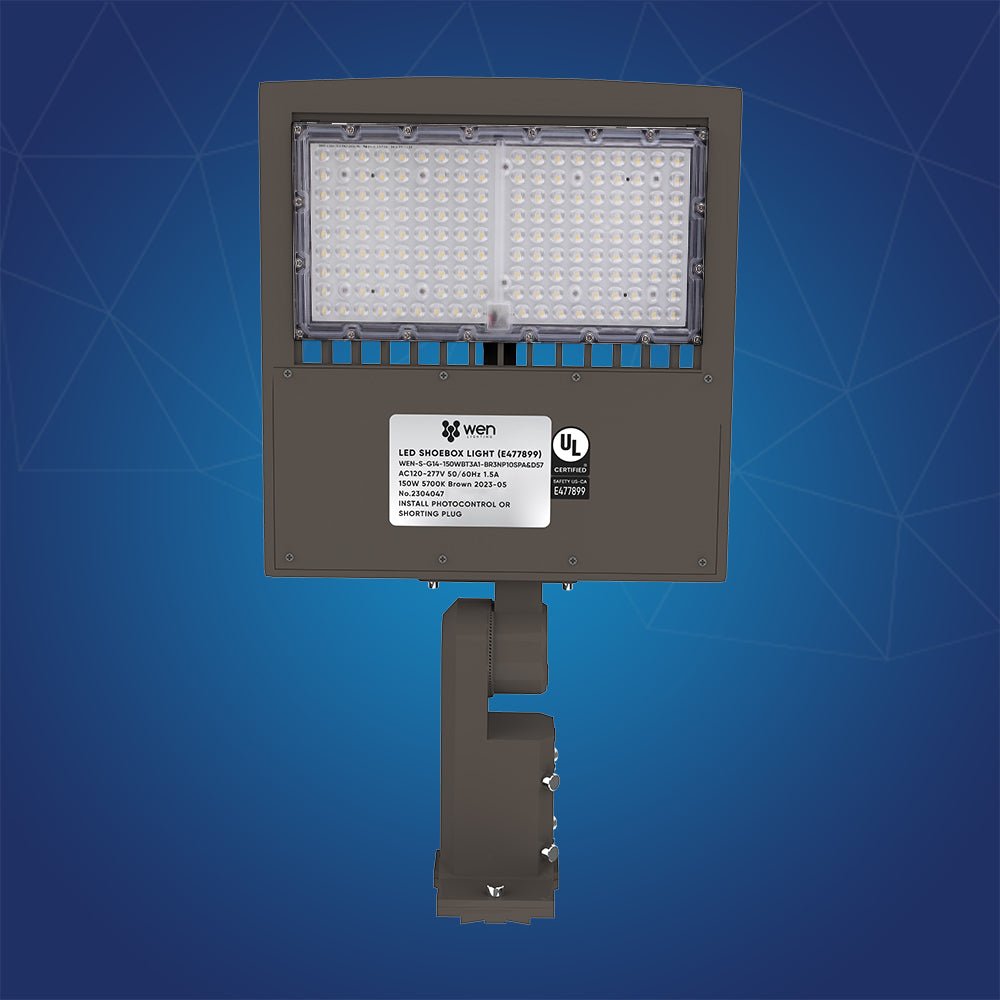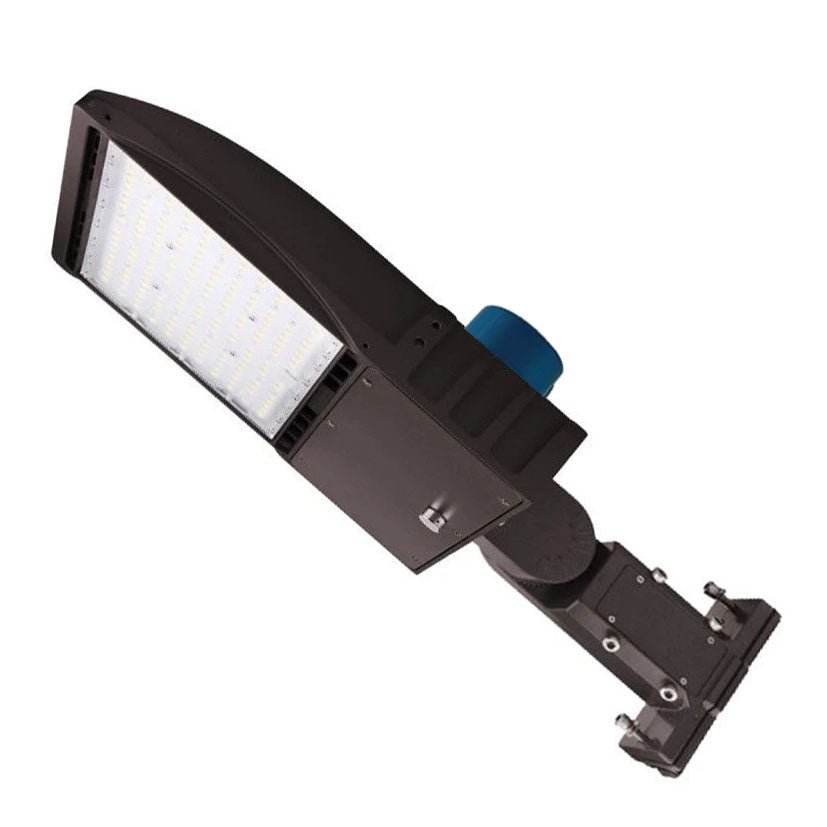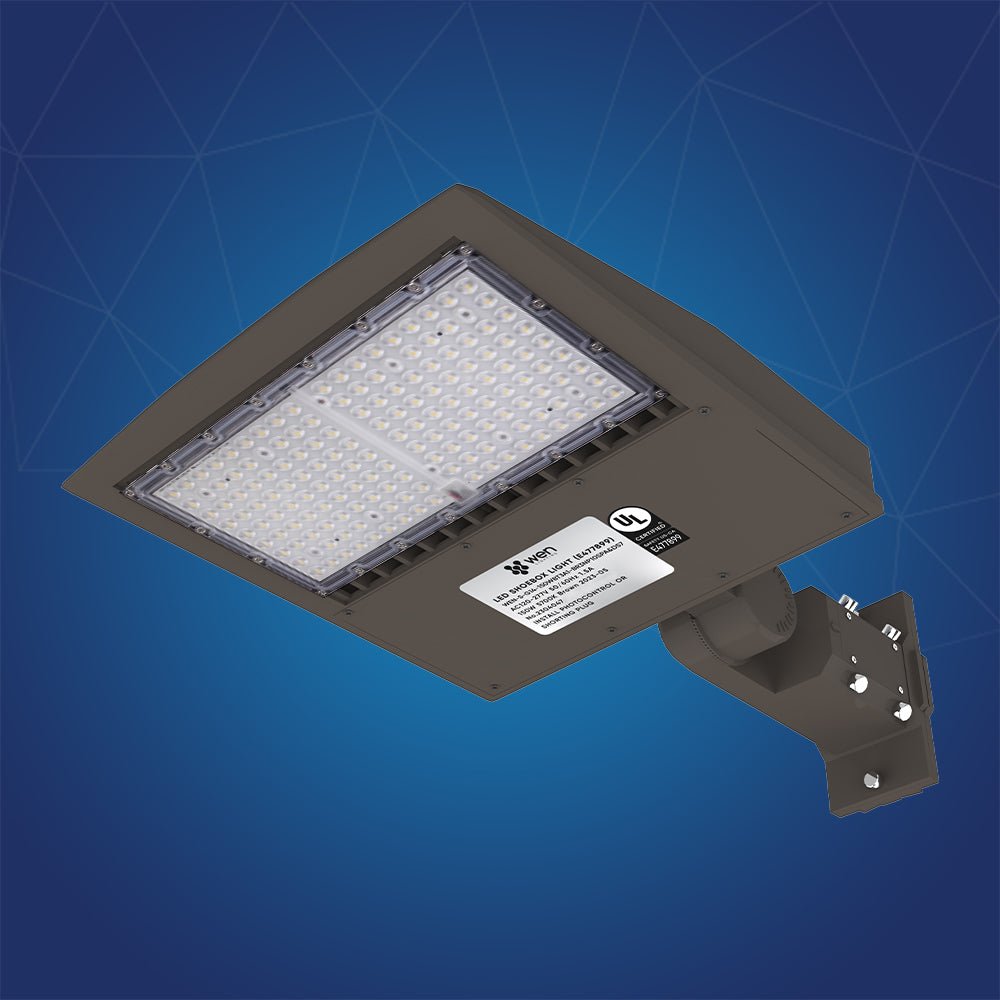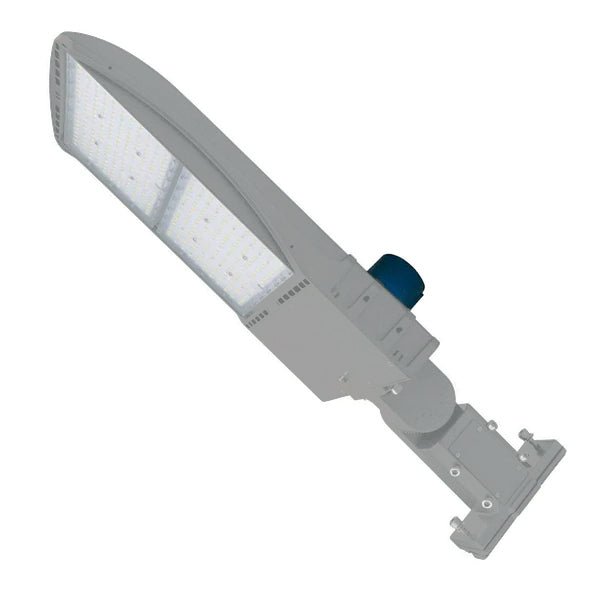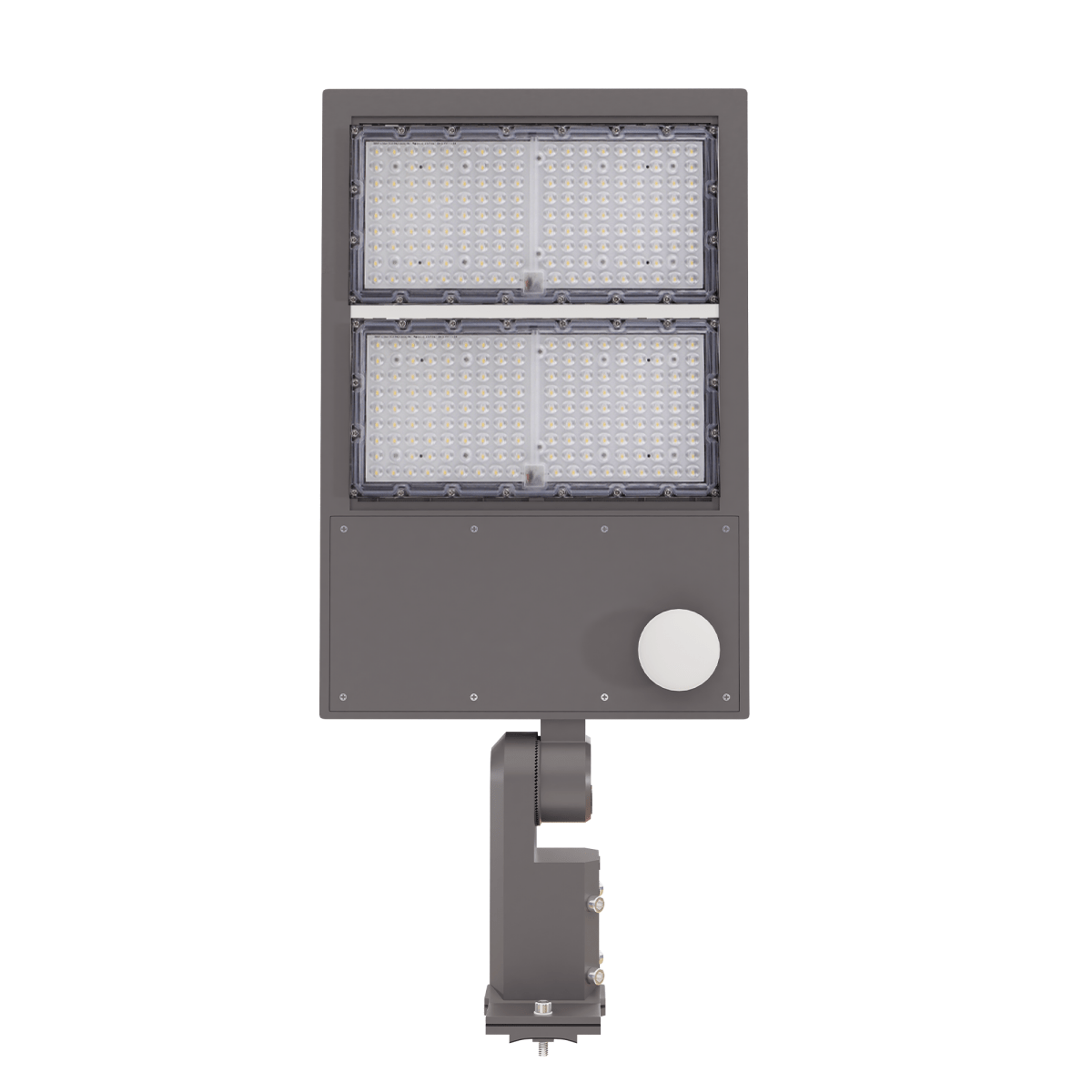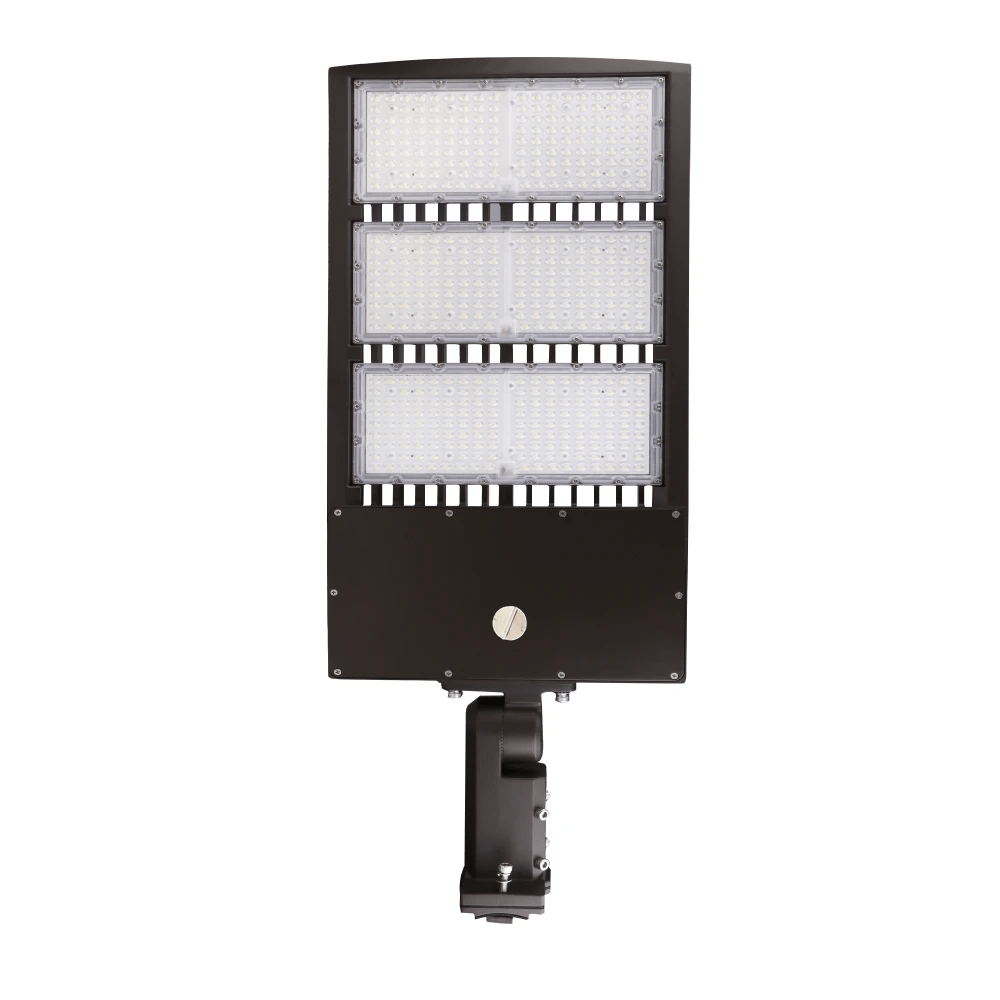Introduction
When it comes to lighting up parking lots, one of the essential aspects to consider is the wattage of the lights used. The wattage determines the brightness and efficiency of the lights. In this article, we will explore the world of LED parking lot lights and answer the crucial question: "What wattage are parking lot lights?"
The Importance of Parking Lot Lighting
Properly illuminated parking lots are not just about aesthetics; they play a pivotal role in ensuring safety and security. Well-lit parking areas reduce the risk of accidents, deter criminal activities, and provide a sense of security for both drivers and pedestrians.
Factors to Consider When Choosing Wattage
3.1 Size of the Parking Lot
The size of your parking lot is a primary factor in determining the wattage you need. Larger areas require higher wattage to ensure adequate lighting coverage.
3.2 Desired Illuminance Level
Consider the desired illuminance level for your parking lot. Brightness requirements can vary based on the location and specific needs. For instance, commercial areas might require higher illuminance levels than residential lots.
3.3 Energy Efficiency
Energy efficiency is paramount in today's environmentally conscious world. LED parking lot lights are renowned for their efficiency, and choosing the right wattage can help you minimize energy consumption.
Common Wattage Options
Now, let's delve into some common wattage options for LED parking lot lights:
4.1 100-Watt LED Parking Lot Lights
These lights are suitable for small to medium-sized parking lots and provide ample illumination for safety and security.
4.2 150-Watt LED Parking Lot Lights
A step up in brightness, these lights are ideal for larger parking lots, ensuring improved visibility.
4.3 200-Watt LED Parking Lot Lights
For extensive parking areas, 200-watt LED lights offer exceptional brightness and coverage, enhancing safety and security.
4.4 300-Watt LED Parking Lot Lights
When it comes to the most substantial parking lots or areas that require exceptionally bright lighting, 300-watt LED parking lot lights are the solution. They deliver powerful illumination, ensuring optimal safety and security during the darkest of nights.
Maintenance and Longevity
LED parking lot lights are known for their long lifespan and minimal maintenance requirements. They can last up to 100,000 hours, reducing the hassle and cost of frequent replacements.
Benefits of LED Parking Lot Lights
Aside from their longevity, LED lights offer numerous benefits, including energy efficiency, instant illumination, and better color rendering.
Installation and Cost Considerations
While LED lights may have a higher upfront cost, their long-term savings in energy and maintenance costs make them a cost-effective choice for parking lot lighting.
Environmental Impact
Choosing LED parking lot lights is also an eco-friendly choice. They produce less heat and contain no hazardous materials, reducing their carbon footprint.
Government Regulations
It's essential to be aware of any local or federal regulations regarding parking lot lighting. Compliance with these regulations is crucial to avoid penalties.
Conclusion
In conclusion, selecting the right wattage for your LED parking lot lights is vital for safety, security, and energy efficiency. Consider factors such as the size of your lot, desired illuminance level, and energy efficiency goals when making your choice.
FAQs
Q. What wattage should I choose for a small parking lot?
A. For a small parking lot, 100-watt LED lights should suffice, providing adequate brightness for safety.
Q. Are higher-wattage lights always better?
A. Not necessarily. The wattage should align with the size and illuminance requirements of your parking lot. Using excessively high wattage can lead to unnecessary energy consumption.
Q. Do LED parking lot lights require frequent maintenance?
A. No, LED lights have a long lifespan and minimal maintenance needs, reducing long-term costs.
Q. Are there any government incentives for using energy-efficient lighting in parking lots?
A. Some regions offer incentives or rebates for businesses that switch to energy-efficient lighting. Check with your local authorities for information on available programs.
A. Consult with a lighting professional who is familiar with local regulations to ensure your lighting setup meets all requirements.





